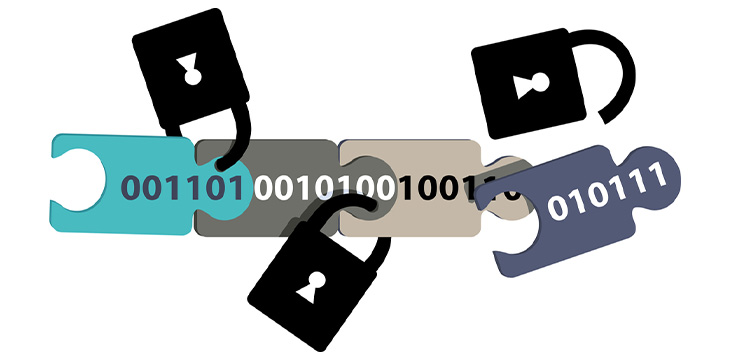|
Getting your Trinity Audio player ready...
|
Bryan Daugherty, Global Public Policy Director at the BSV Blockchain Association, has written a new ebook explaining the fallacy of private, permissioned blockchains.
The ebook is free of charge and is available here. In it, Daugherty addresses several myths about public blockchains, explains why they are more secure than private, permissioned blockchains, and paints the big picture as to why we need to return to the original Bitcoin protocol released by Dr. Craig Wright in 2009.
The following is a sneak peek at what Daugherty covers in the ebook.
The complex problem of the internet’s walled gardens
It’s easy to make simple complex, but it’s very hard to make complex simple. He who can make the complex simple is a special person. – Chanakya
Daugherty begins by explaining how, as the utility of the internet began emerging (post-bubble), governments and businesses came online and built systems focused on themselves and their individual entities.
This complex web of services and utilities was incompatible with others. This architecture is fallacious, and that has become more evident as the volume and nature of internet exchanges have increased. Specialized platforms like Amazon (NASDAQ: AMZN), Google (NASDAQ: GOOGL), and Facebook (NASDAQ: META) have arisen to make things simpler.
Building giant walled gardens (with the aim of not having to interact with other applications) has formed huge monopolies, giving these corporations almost unchecked power.
A simple solution: a native digital cash system for the internet
A native digital cash system for the internet, which Bitcoin was designed to be, is the solution to many problems created by this complex web of systems. Bitcoin is the first cash system that can scale to support global trade transactions.
Due to its design, Bitcoin allows for real-time accounting, micropayments, and extremely low fees that get lower as the system scales.
However, Bitcoin has been widely misunderstood, so many governments and enterprises have opted to create permissioned blockchains that only allow approved participants to access the ledger.
Bitcoin’s security depends on its ledger being public
Daugherty explains how the decision to use permissioned blockchains comes at the cost of security and unnecessary complexity.
Ironically, he explains, the best security model is to keep everything in the public eye. This does not mean publishing sensitive data to the public blockchain but rather putting data signatures, hashes, and indexes on-chain. These are immutable, and if anyone tampers with them, they will be visible to all.
The reality of permissioned blockchain for enterprise and government
What’s the reality of permissioned blockchains? Fundamentally, they’re no different from the current setup. Data is stored by the same controlling entities and can be manipulated, multiple ledgers or sets of books can be run in parallel, and entities must trust the permissioned blockchain’s codebase.
This does away with the very factors that make Bitcoin so secure: transparency and accountability, a fixed ruleset, and the immutable publication of information on a public ledger.
Finding the truth via public blockchain
Daugherty also covers the main reason for Bitcoin’s existence: the truth. “This is what Bitcoin was made for,” he writes. Once the truth is recorded, anyone can build on it.
Bitcoin also eliminates the need for intermediaries, exactly as Satoshi Nakamoto said back in the day. Right now, intermediaries are required because two parties trading don’t trust each other, but with Bitcoin, they can trade on the public ledger of truth. Since most corruption comes from intermediaries, this will benefit everyone.
Permissioned blockchains are a step back to trusting third parties and intermediaries. In failing to understand this, governments and enterprises are missing some critical aspects of why blockchains work.
For a more detailed look at these issues, download the full ebook by the BSV Blockchain Association’s Bryan Daugherty via this link.
Watch: BSV Blockchain: A World of Good

 02-27-2026
02-27-2026 




